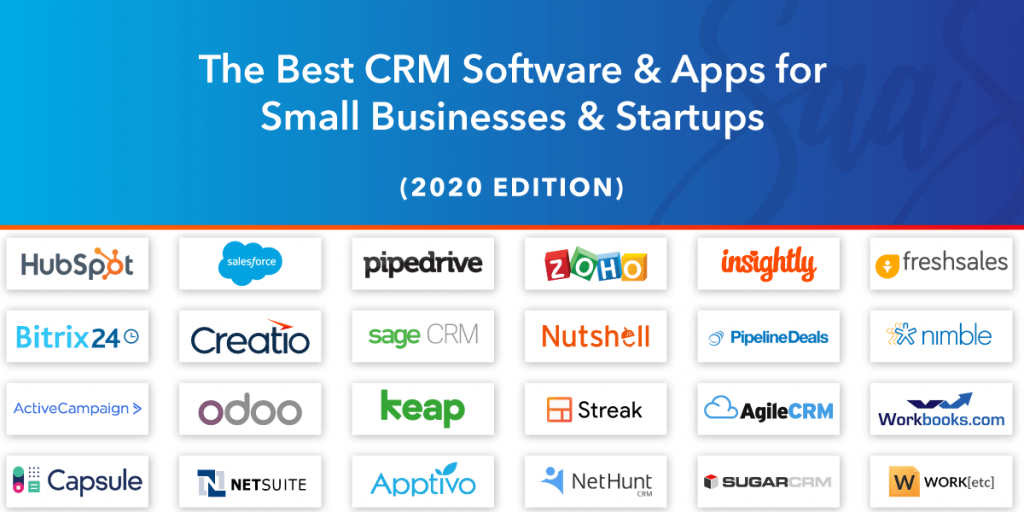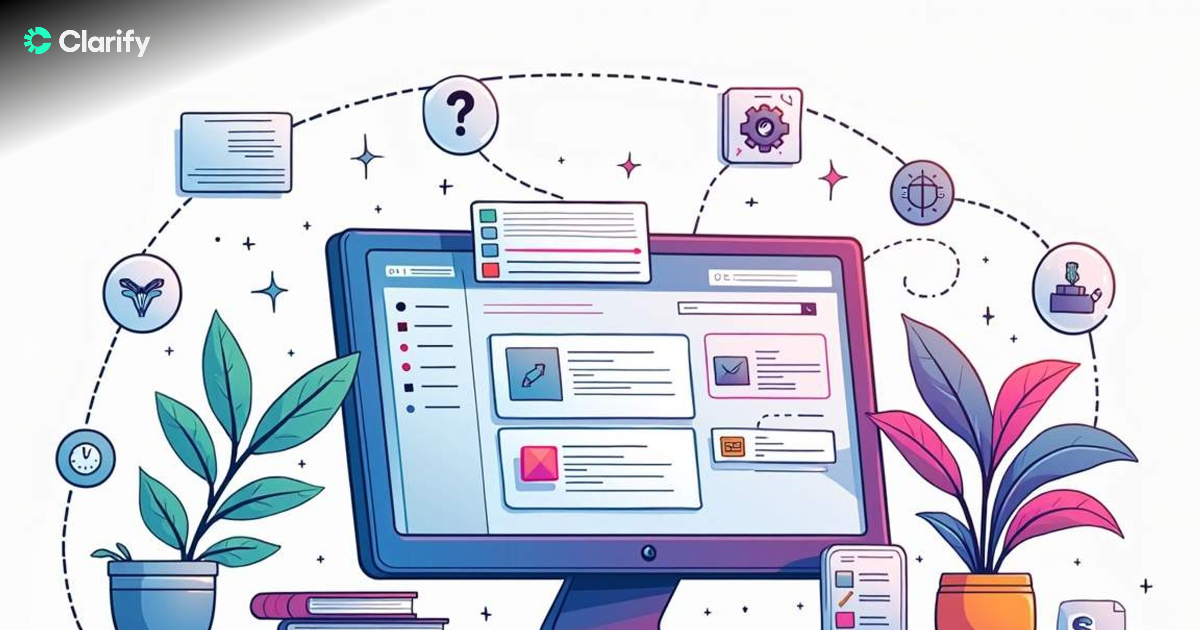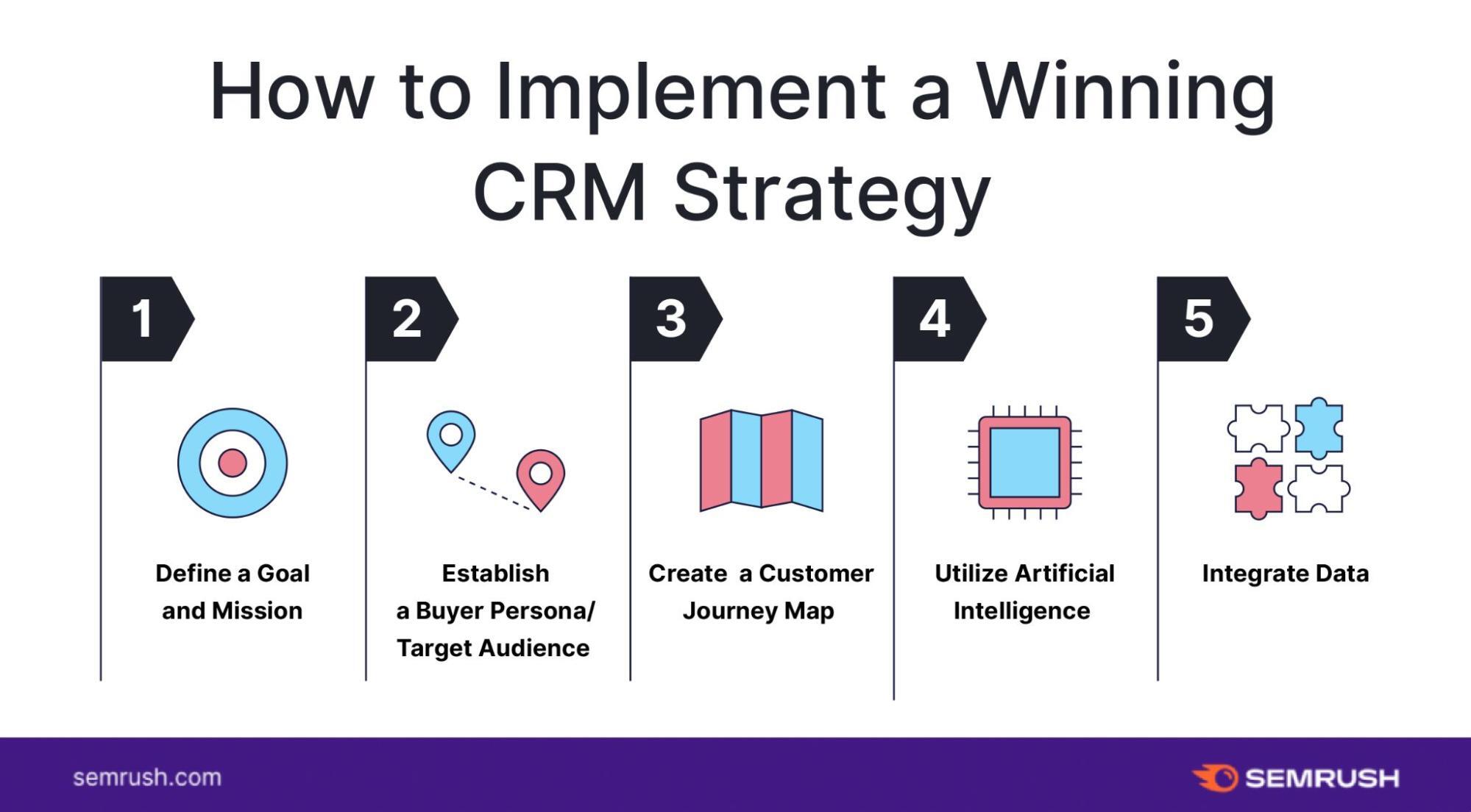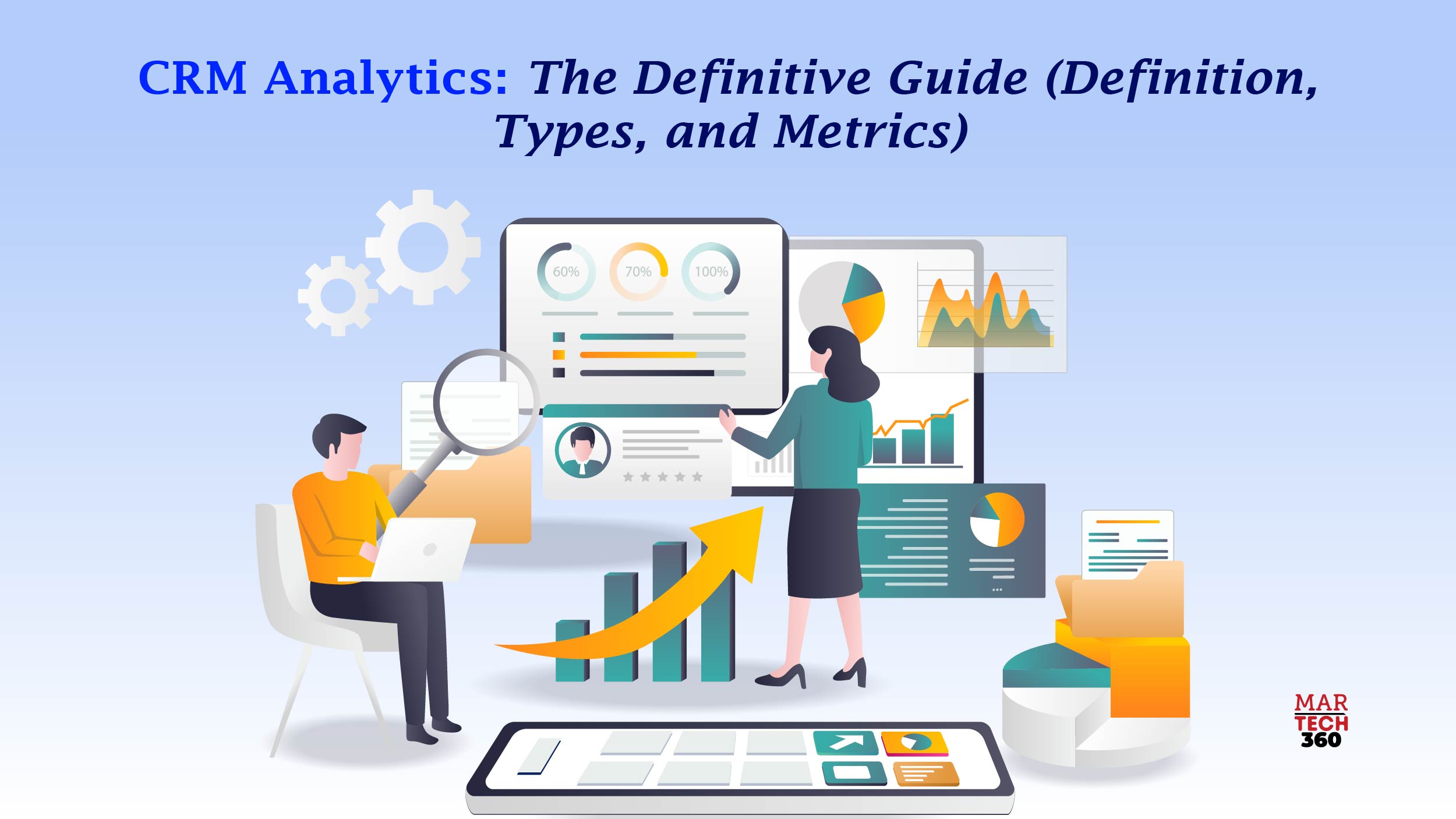Small Business CRM Trends 2025: Navigating the Future of Customer Relationships
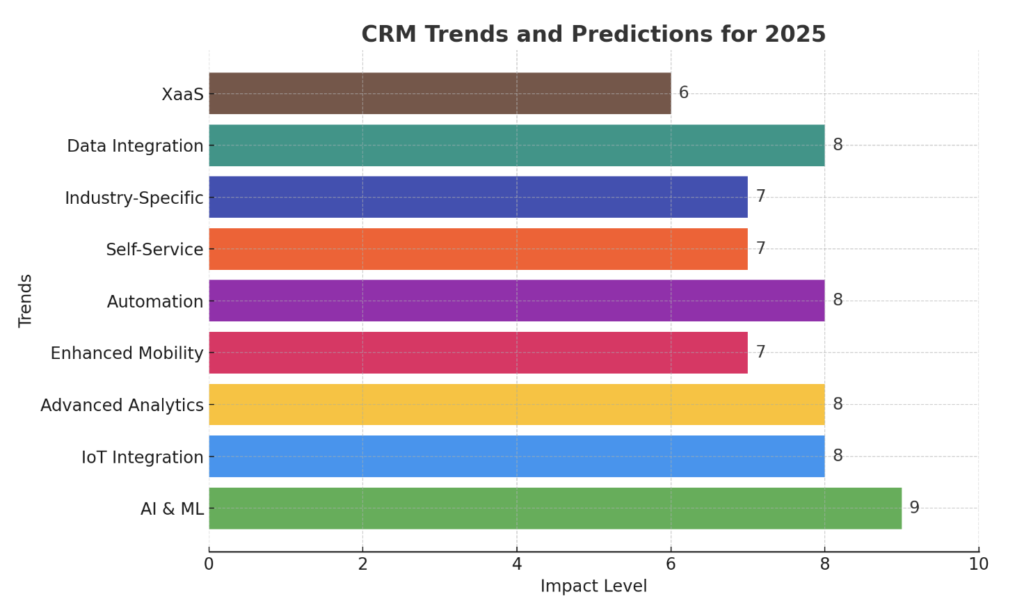
Small Business CRM Trends 2025: Navigating the Future of Customer Relationships
The world of business is in a constant state of flux, and small businesses, the engines of innovation and economic growth, are often the first to feel the winds of change. As we approach 2025, the landscape of customer relationship management (CRM) is poised for a significant transformation. For small businesses, staying ahead of the curve in CRM isn’t just about adopting new technologies; it’s about understanding the evolving needs of customers and leveraging the right tools to build lasting relationships. This article delves into the key CRM trends that will shape the small business environment in 2025, providing insights, strategies, and actionable advice to help you thrive.
The Rise of AI-Powered CRM
Artificial intelligence (AI) is no longer a futuristic concept; it’s a present-day reality, and its impact on CRM is profound. In 2025, AI will be deeply integrated into every facet of CRM, from data analysis to customer interaction. Small businesses that embrace AI-powered CRM solutions will gain a significant competitive advantage. Let’s explore some specific applications:
1. Predictive Analytics for Personalized Customer Experiences
One of the most significant trends is the use of AI for predictive analytics. CRM systems will analyze vast amounts of customer data to predict future behavior, identify potential churn, and recommend personalized offers. Imagine a system that knows a customer is likely to need a particular product or service before they even realize it themselves. This level of insight allows for highly targeted marketing campaigns, proactive customer service, and ultimately, stronger customer loyalty. Small businesses can leverage this by:
- Identifying High-Value Customers: AI can pinpoint your most valuable customers, allowing you to focus your efforts on retaining and upselling to them.
- Predicting Customer Needs: Anticipate customer needs based on their past behavior and preferences, offering relevant products or services at the right time.
- Optimizing Marketing Campaigns: Use AI to determine the most effective marketing channels and messaging for each customer segment.
2. Intelligent Chatbots and Virtual Assistants
Chatbots and virtual assistants powered by AI will become even more sophisticated, providing instant customer support and handling routine tasks. These intelligent agents can answer frequently asked questions, guide customers through the sales process, and even resolve simple issues, freeing up human agents to focus on more complex inquiries. This not only improves customer satisfaction but also reduces operational costs. Small businesses can benefit by:
- 24/7 Customer Support: Provide instant support around the clock, regardless of your business hours.
- Automating Routine Tasks: Automate tasks like appointment scheduling, order processing, and basic troubleshooting.
- Improving Customer Service Efficiency: Reduce wait times and improve the overall customer service experience.
3. Automated Data Entry and CRM Automation
Manual data entry is time-consuming and prone to errors. AI-powered CRM systems can automate data entry by automatically capturing information from emails, social media, and other sources. This frees up your team to focus on more strategic activities. CRM automation, driven by AI, will streamline workflows and automate repetitive tasks across sales, marketing, and customer service. This could involve automated email sequences, lead scoring, and task assignments. Small businesses should look for:
- Automated Data Capture: Eliminate manual data entry and ensure data accuracy.
- Workflow Automation: Automate repetitive tasks, such as lead nurturing and follow-up emails.
- Improved Efficiency: Free up your team to focus on more strategic activities.
The Growing Importance of Mobile CRM
In 2025, the ability to access and manage customer information on the go will be more crucial than ever. Mobile CRM solutions will continue to evolve, offering enhanced features and seamless integration with other business applications. Small businesses need to ensure their CRM system is mobile-friendly and provides a user-friendly experience on smartphones and tablets. Consider these aspects:
1. Real-Time Access to Customer Data
Sales and customer service representatives need instant access to customer information, regardless of their location. Mobile CRM solutions provide this access, allowing them to view customer profiles, update contact information, and track interactions in real-time. This is especially beneficial for businesses with field sales teams or those that provide on-site services.
2. Mobile-Optimized Workflows
Mobile CRM should offer mobile-optimized workflows, allowing users to perform key tasks on their mobile devices. This includes the ability to create and update leads, manage tasks, and track sales opportunities. The more streamlined the mobile experience, the more productive your team will be.
3. Integration with Mobile Apps
Mobile CRM should integrate with other mobile apps, such as email clients, calendar apps, and mapping tools. This seamless integration improves productivity and allows for a more connected customer experience. Integration with your mobile devices is vital for staying connected.
The Focus on Customer Experience (CX)
Customer experience (CX) will be a primary differentiator for small businesses in 2025. CRM systems will play a central role in delivering exceptional CX by providing a 360-degree view of the customer, enabling personalized interactions, and streamlining customer journeys. It’s not just about what you sell; it’s about how you make your customers feel. Here’s how to excel:
1. Personalized Customer Journeys
Customers expect personalized experiences. CRM systems will enable businesses to tailor customer journeys based on individual preferences, behaviors, and past interactions. This includes personalized product recommendations, targeted marketing messages, and customized customer service interactions. The goal is to make each customer feel valued and understood.
2. Omnichannel Customer Engagement
Customers interact with businesses across multiple channels, including email, phone, social media, and live chat. CRM systems will integrate these channels, providing a unified view of the customer and enabling seamless communication across all touchpoints. This ensures a consistent and personalized experience, regardless of the channel used. Strive for:
- Seamless Transitions: Allow customers to seamlessly switch between channels without repeating information.
- Unified Customer Profiles: Maintain a single, comprehensive view of each customer, regardless of the channel they use.
- Consistent Messaging: Ensure your brand messaging is consistent across all channels.
3. Proactive Customer Service
CRM systems will enable businesses to proactively identify and address customer needs. This includes monitoring customer behavior, anticipating potential issues, and reaching out to customers before they even realize they need help. Proactive customer service builds trust and strengthens customer loyalty.
Data Privacy and Security: A Top Priority
With the increasing amount of customer data being collected and stored, data privacy and security will be paramount in 2025. Small businesses must prioritize data protection to comply with regulations, build trust with customers, and avoid costly breaches. Consider these key areas:
1. Compliance with Data Privacy Regulations
Regulations like GDPR and CCPA will continue to evolve, and small businesses must ensure their CRM systems comply with all applicable laws. This includes obtaining customer consent, providing data access and deletion options, and implementing robust data security measures. Stay informed about the regulations relevant to your business.
2. Data Encryption and Security Measures
Protecting customer data from unauthorized access is crucial. CRM systems should use encryption to protect data at rest and in transit. Implement strong password policies, multi-factor authentication, and regular security audits to minimize the risk of data breaches. Invest in robust security tools and training for your team.
3. Transparency and Customer Trust
Be transparent with your customers about how you collect, use, and protect their data. Clearly communicate your privacy policies and provide customers with control over their data. Building trust is essential for long-term customer relationships. Show your commitment to data privacy to foster trust.
Integration and Interoperability
In 2025, CRM systems won’t exist in isolation. They will need to seamlessly integrate with other business applications, such as marketing automation platforms, e-commerce platforms, and accounting software. This integration allows for a more holistic view of the customer and streamlines business processes. Focus on these points:
1. API-Driven Integration
Look for CRM systems that offer robust APIs (Application Programming Interfaces) to facilitate integration with other applications. APIs allow for data exchange and workflow automation between different systems. This is vital for connecting all your business tools.
2. Pre-Built Integrations
Many CRM vendors offer pre-built integrations with popular business applications. These integrations simplify the process of connecting your CRM with other tools. Consider pre-built integrations to save time and effort.
3. Data Synchronization
Ensure that data is synchronized between your CRM and other applications to maintain data consistency and accuracy. This will prevent data silos and ensure that everyone in your organization has access to the same information. Data synchronization is crucial for ensuring everyone is on the same page.
The Role of Remote Work and Collaboration
The trend toward remote work will continue to shape the business landscape in 2025. CRM systems must support remote teams by providing tools for collaboration, communication, and data access. Embrace the following:
1. Cloud-Based CRM Solutions
Cloud-based CRM solutions offer accessibility from anywhere with an internet connection, making them ideal for remote teams. Cloud-based solutions also provide automatic updates and security patches, reducing the burden on your IT team. Access your data from anywhere.
2. Collaboration Tools
CRM systems should integrate with collaboration tools, such as project management software and instant messaging platforms. This allows remote teams to work together seamlessly, share information, and manage projects effectively. Facilitate collaboration within your team.
3. Mobile Accessibility and Remote Access
Ensure that your CRM system is accessible on mobile devices and provides secure remote access to customer data. This allows remote team members to stay connected and productive, regardless of their location. Stay connected to your data.
Choosing the Right CRM for Your Small Business in 2025
Selecting the right CRM system is critical for small businesses. The best CRM is one that aligns with your specific needs, budget, and business goals. Here’s a guide to help you choose:
1. Assess Your Needs and Requirements
Before choosing a CRM system, take the time to assess your specific needs and requirements. Consider your sales process, marketing strategies, customer service operations, and any other relevant business processes. Identify your key pain points and the features you need in a CRM to address them. What are your essential requirements?
2. Define Your Budget
CRM systems come in a variety of price points, from free to enterprise-level solutions. Determine your budget and look for a CRM system that fits your financial constraints. Consider the total cost of ownership, including implementation costs, training costs, and ongoing subscription fees. How much can you afford?
3. Evaluate CRM Vendors and Solutions
Research different CRM vendors and solutions, considering their features, pricing, and reviews. Look for a vendor that offers a free trial or demo so you can test the system before making a purchase. Read customer reviews and case studies to get insights into the experiences of other small businesses. Does the vendor fit your needs?
4. Prioritize Scalability and Flexibility
Choose a CRM system that can scale with your business as it grows. The system should be flexible enough to adapt to changing needs and integrate with other applications. Can the system grow with your business?
5. Consider User-Friendliness and Ease of Use
A CRM system is only effective if your team actually uses it. Choose a system that is user-friendly and easy to learn. Look for a system with a clean interface, intuitive navigation, and helpful training resources. Is the system easy to use?
Conclusion: Embracing the Future of CRM
The CRM landscape for small businesses in 2025 will be defined by AI, mobile accessibility, customer experience, data security, and seamless integration. By understanding these trends and adopting the right CRM solutions, small businesses can build stronger customer relationships, improve operational efficiency, and achieve sustainable growth. The future is bright for those who embrace the change.
The key to success lies in:
- Embracing AI: Leverage AI to personalize customer experiences, automate tasks, and gain deeper insights into customer behavior.
- Prioritizing Mobile: Ensure your CRM is mobile-friendly to enable your team to access customer information on the go.
- Focusing on CX: Deliver exceptional customer experiences by providing personalized interactions, omnichannel engagement, and proactive customer service.
- Protecting Data: Prioritize data privacy and security to build trust with your customers and comply with regulations.
- Integrating Systems: Integrate your CRM with other business applications to streamline processes and gain a holistic view of your business.
Small businesses that adapt to these changes will be well-positioned to thrive in the competitive landscape of 2025 and beyond. The time to prepare is now. Start exploring the trends and planning your CRM strategy today!

